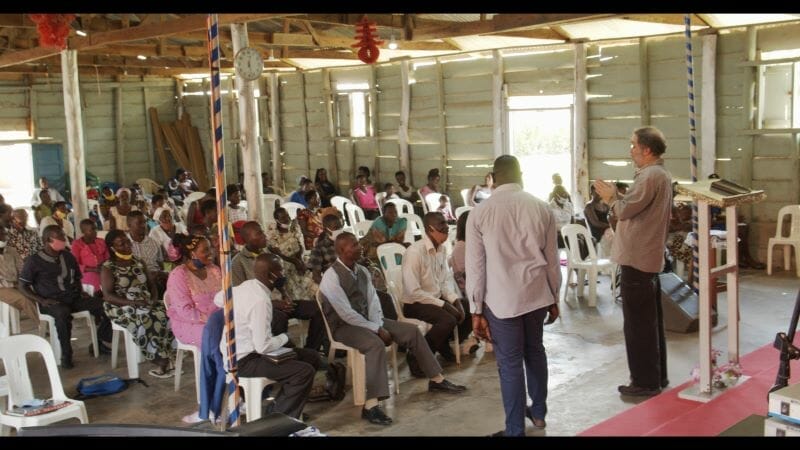It’s a stupid question, I know, but do we know how to talk with people? Honestly, it’s not natural to go up to a complete stranger and be comfortable talking with them, other than about the humidity or the lousy parking or maybe asking when they went to Yellowstone National Park if they are wearing a t-shirt from there. But, in general, we struggle (and subconsciously avoid) having a conversation with people.
Sometimes we want to, but our brain starts acting like squirrels running around, spastically trying to think of what to say until what stumbles out of our mouth is “social norm speak” and we drop it.
I was talking with a friend the other day who straight up told me, “But, I don’t know how to talk with non-Christians.” So, I shared with him three things that I bring from trips overseas into conversations here.
[Read more…] about Do we know how…

 2. Many Muslims haven’t ever talked about OT people that Christians believe with Christians and think we only want to
2. Many Muslims haven’t ever talked about OT people that Christians believe with Christians and think we only want to These could sound a bit dry since the first three are all prophesy sections, but you could add some context around the promises to make it more living.
These could sound a bit dry since the first three are all prophesy sections, but you could add some context around the promises to make it more living. So, before I confuse you any further, I hope you’re seeing that there is no one prescribed good way to share stories with Muslims. It totally depends on the person you’re friending. Some will feel more comfortable beginning with a common footing in the OT and you can approach areas of redemption progressively. Others you’ll feel more comfortable talking about solely Jesus and making a loving case for your friend to think about.
So, before I confuse you any further, I hope you’re seeing that there is no one prescribed good way to share stories with Muslims. It totally depends on the person you’re friending. Some will feel more comfortable beginning with a common footing in the OT and you can approach areas of redemption progressively. Others you’ll feel more comfortable talking about solely Jesus and making a loving case for your friend to think about.